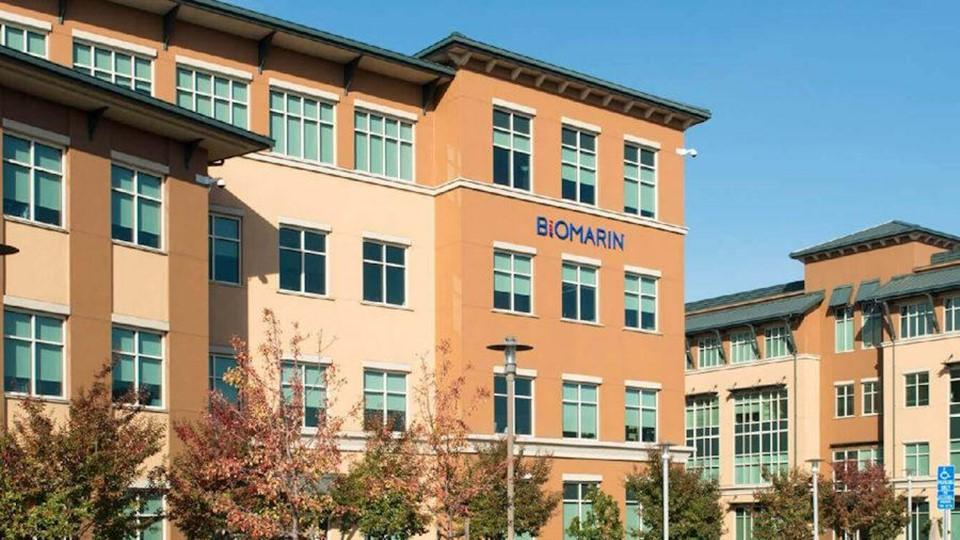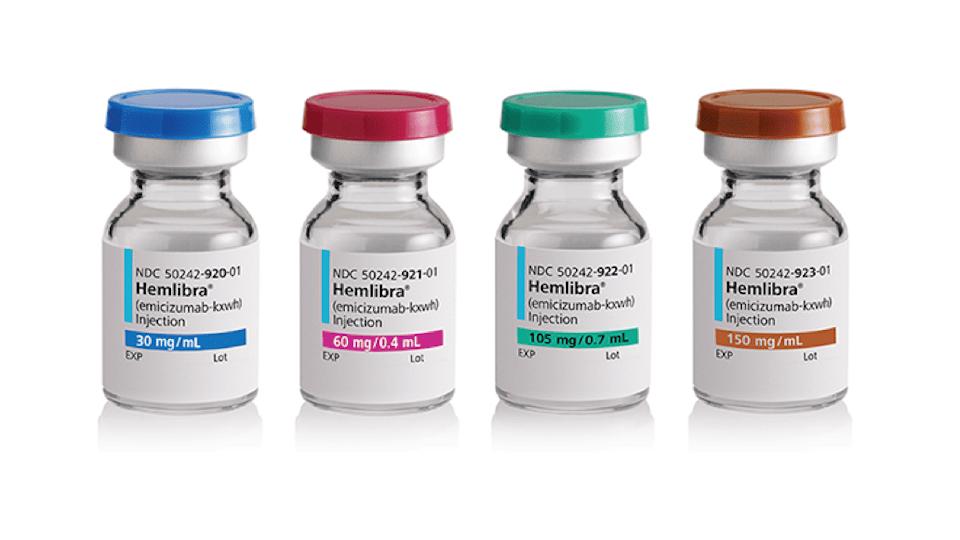BioMarin’s haemophilia A gene therapy gets US approval

The FDA has approved BioMarin Pharma’s Roctavian as the first gene therapy for haemophilia A, giving patients an alternative to regular injections of blood clotting factors or antibody therapies for the first time.
The US decision comes almost a year after Roctavian (valoctocogene roxaparvovec) was cleared in Europe, and after BioMarin’s first attempt to file for approval of the therapy in 2020 was turned down by the FDA, with a request for more data.
The approved indication in the US is the treatment of adults with severe haemophilia A without pre-existing antibodies to the AAV subtype 5 viral vector used to deliver the gene therapy, detected by an FDA-approved test.
BioMarin has priced the one-off therapy at $2.9 million, higher than the €1.5 million ($1.6 million) net price it has set in the EU, after any discounts that it may offer or outcomes-based agreements, but lower than the $3.5m price tag for CSL’s recently-approved haemophilia B therapy Hemgenix (etranacogene dezaparvovec).
However, a recent assessment by the Institute for Clinical and Economic Review (ICER) suggested that Roctavian would only be cost-effective in the US if its price was $1.9 million or lower.
The company has said the price reflects the annual cost of current therapies for haemophilia A, either factor VIII replacement therapies or antibody therapies like Roche's big-selling antibody Hemlibra (emicizumab), which both require regular injections and can cost hundreds of thousands of dollars per year.
It has also promised to provide a warranty scheme for healthcare payers, with reimbursement of the cost of the therapy up to the full amount paid if a patient stops responding to Roctavian within four years of the treatment.
At the moment, the durability of its effect isn’t known, with patients treated in studies followed up between 66 weeks and around five years, and the FDA statement on the approval acknowledges that responses “may decrease over time.”
A recent update from the main GENEr8-1 study of Roctavian found that at three years the average annualised bleed rate was reduced by 80% from baseline, while factor VIII usage fell 94%. BioMarin has said it will continue to follow patients for 15 years.
The FDA’s assessment of annualised bleeds is different, with its analysis pointing to a 52% reduction from 5.4 to 2.6 per year, which corrects for concomitant factor VIII prophylaxis. It agrees with the cut in clotting factor replacement use, however, which is the biggest driver of healthcare costs in haemophilia A.
With approval in place, attention will now switch to the take-up of the gene therapy and that isn’t expected to be rapid, given that multiple treatment options are already available to patients.
Rollout in Europe is always sluggish, due to the need to negotiate pricing with national authorities, and it was several months before BioMarin secured its first deal – in Germany – with an insurer in the EU. So far, it still hasn’t been launched in any European market.
In April, the company pegged back its forecasts for sales of the gene therapy to between $50 million and $150 million from an earlier estimate of $100 million to $200 million.
BioMarin estimates that about 6,500 adults have severe haemophilia A in the US, of whom around 2,500 could be eligible for Roctavian.













